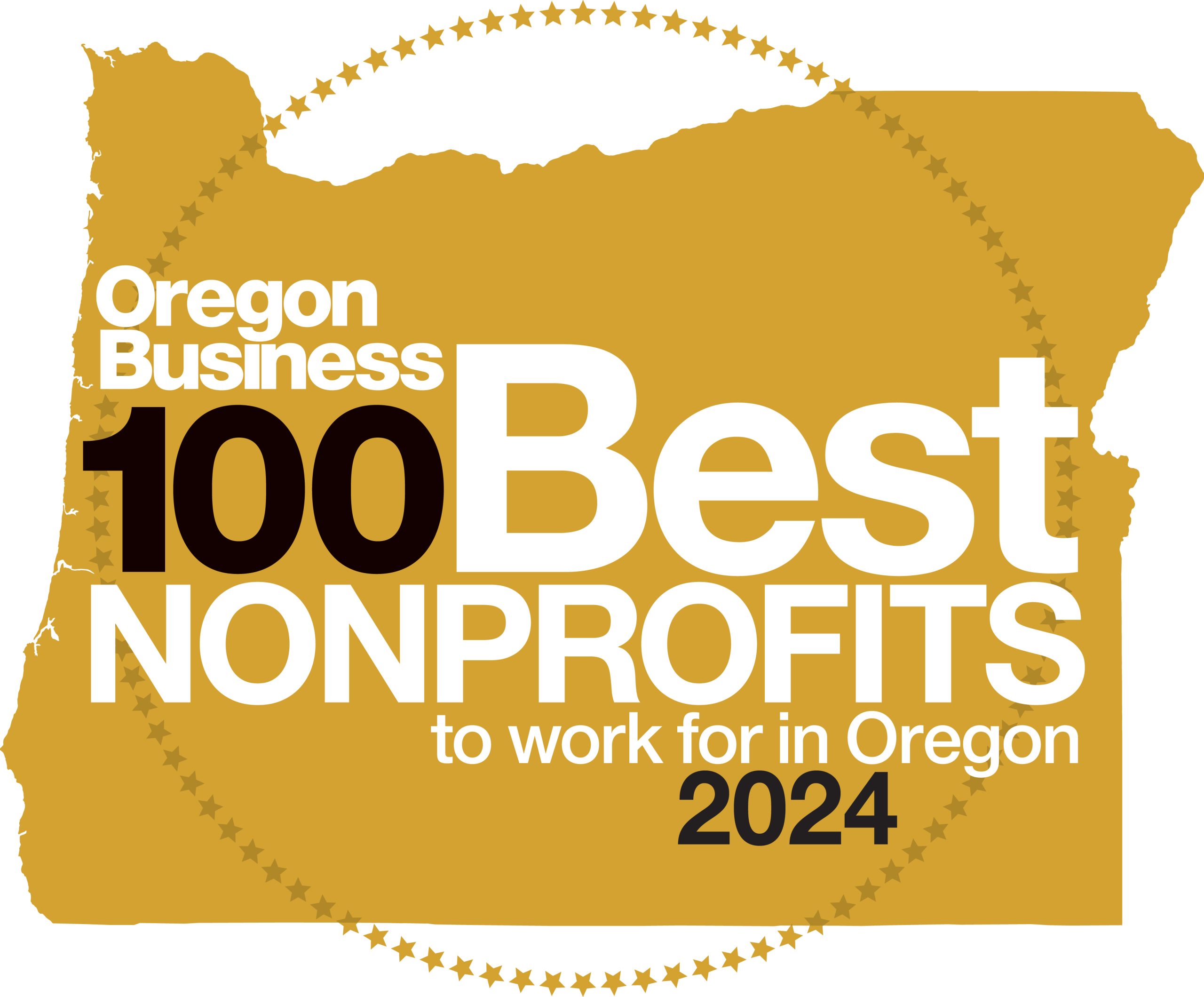Oregon nonprofits can register now through early July at oregonbusiness.com.
The 2024 100 Best Nonprofits to Work For in Oregon survey is now open.
Interested nonprofits can visit our signup page to register for the survey, allowing access to a survey that can be completed by employees and volunteers now through early July. The survey, which is anonymous, addresses a variety of areas relating to workplace practices, including compensation, workplace culture and the workplace’s commitment to sustainability. Participating in the survey allows employers to learn what their employees really think about their jobs — and to see where they rank when the 100 Best Nonprofits to Work for In Oregon list is published in October.
Visit our information page to learn more about the 100 Best Nonprofits to Work for in Oregon program, including the 2024 survey.






